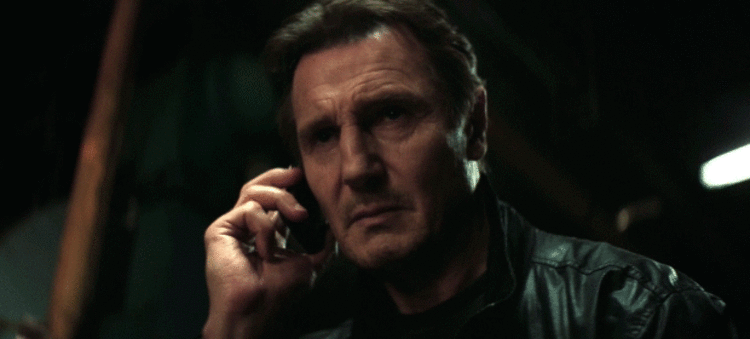Research shows that wearing shoes isn’t all it’s cracked up to be.
Lenten Campaign 2025
This content is free of charge, as are all our articles.
Support us with a donation that is tax-deductible and enable us to continue to reach millions of readers.
Since my first child was little, I’ve endured exclamations of horror from older women over my children’s bare feet. Even with newborns, even in Texas in August, they insisted that my children should have shoes on.
This has been baffling to me since day one. Why does a newborn need shoes during the summer? Why does a baby need shoes while learning to walk, since the shoes squeeze their feet and make them fall down? Why do my older children need shoes to play outside, when their shoes hurt their feet and they balance better without them?
It never made sense to me, and one of the greatest blessings of moving to southwest Florida was the freedom to allow my children to go barefoot year-round. Sure, they need shoes for school and church, but the rest of the time they run around barefoot — despite the fact that people still look at them with horror.
At long last, my affinity for bare feet has been vindicated by author and physical therapist Jay Dicharry, who spent years studying the feet of African runners who grew up barefoot. He explains his research and findings at Return to Now in a piece called American Foot Binding:
Since birth, we’ve been wearing shoes that have caused our toes to move inward, Dicharry says. “It’s really hard to activate muscles if a joint is pushed in one direction over the years. Infants are born with excellent foot alignment,” he adds. “Soft tissues and bones remodel based on the way they are loaded.”
Because the African runners went barefoot throughout their rapid growth periods, in the first two decades of life, they placed far greater “mechanical load on their feet than the typical American kid wearing blinking light-ups.”
If we could drive our big toe down and spread it, we could experience “true zen in foot control,” he says. “But it’s tough to learn with a foot that’s had a vice grip on the toes since you put on your first pair of shoes.”
After I read that, I took my kids to the park and watched them play barefoot on the equipment. For years, I’ve noticed how wide their feet are. I attributed it to genetics (on their father’s side, natch), and often lamented their “flipper-feet” and the necessity of buying them wide-fitting shoes, never connecting the dots between their frequent lack of shoes and the shape of their feet.
But as I watched them jump and play, I realized that they do use their big toe as a lever. They can all jump higher than I can, and without exception, they spring upward from their big toe rather than the balls of their feet.
They also spread their freaky wide toes around equipment like little monkeys, using them to grasp, balance, and leverage their body weight. My toes don’t do that — I took my shoes off to play on the equipment and found that I was less able to grip and balance with my bare feet, instead of the other way around.
So I’ve started to join my kids in their barefoot adventures. I’ll admit, I find it uncomfortable to walk around outside without shoes — but watching the superior way my kids can balance, jump, and climb without shoes makes me want to re-learn how to use my feet, too.
Now, if I could only convince their school that shoes should be optional…









